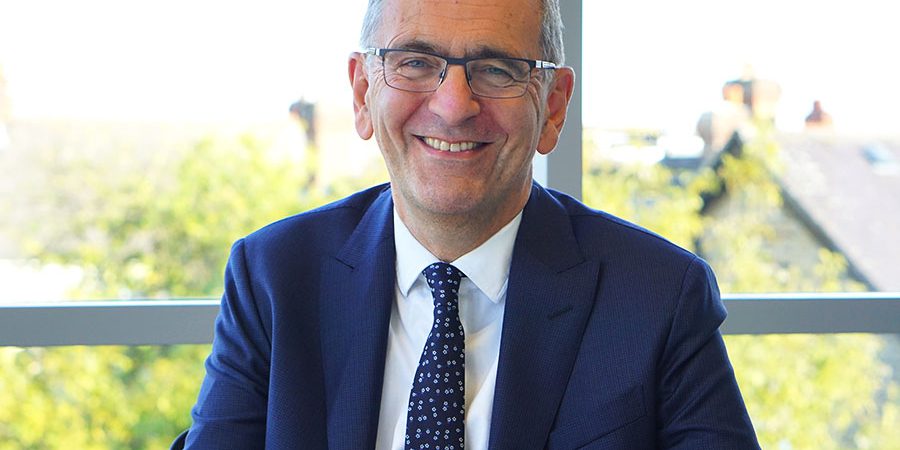By Chris Photi, Head of Travel and Leisure at White Hart Associates
It has become clear during this crisis that the current regulatory framework isn’t fit for purpose on so many levels.
Before the pandemic there were questions about how long it could last. Now it’s on its last legs.
The Air Travel Trust Fund has only £35million in it, according to the latest accounts recently published by the trustees. Lest we forget, the Thomas Cook failure cost it more than £500m and the 28 COVID-19 failures to date have cost more than £30m.
Most companies cannot afford bonding and those that can are struggling to find an insurer that will provide a bond – banks generally will require full cash collateral to support a bank bond.
An increasing move to trust accounts seems inevitable, possibly for the whole industry. It’s the only way forward because the bottom line is that there is little alternative.
As I told a Barclays ‘State of the Nation’ webcast recently, many operators are seeing the CAA coming round to this way of thinking because their appetite for trust accounts is increasing.
I expect all new applicants will be pushed down this route, perhaps with incentives for doing so, such as a tiered ATOL Protection Charge. The CAA is certainly going to initiate an informal assessment with its major licence holders followed by a full consultation process in 2021.
When you are starting from scratch, it’s possible to tailor your model accordingly and operate a trust model, as we’ve seen with the Fosun-owned, new-look Thomas Cook Tourism.
However, migrating to a trust model for established players is much more difficult and painful. Saga has recently entered into a trust accounting arrangement with the CAA, but others will not find it easy.
If you have to suddenly switch to a position where customers’ money cannot be used before holidays are taken, you’ll need significant amounts of cash reserves to survive in the short term or have suppliers buy in to the trust protection solution and agree to revised credit terms. This can only happen with publicity, clarity and transparency. The CAA and government would need to take the lead in such a process.
The CAA will need to take this into account and make some transitional concessions.
Meanwhile, ABTA is not looking so progressive. It is still refusing to accept trust accounts and, as I pointed out in an earlier article, is actually seeking to increase the bonds at a time when its members are least able to do so.
I know of many companies that would like to exit ABTA’s bonding scheme because of this but are unable to just walk away because suppliers won’t deal with them if they do.
Really, ABTA’s stance is down to self-interest rather than the interest of its members, as it seeks to protect the post-Thomas Cook captive insurer which underpins its bonding scheme and because its major direct competitor, The Travel Trust Association, has trusts as its USP.
ABTA’s stance will have to change.
Intransigence on the part of the CAA and ABTA will simply lead to more failures during this desperate period for the industry.
The simple fact is that the Package Travel Regulations are too onerous and were never designed with any forethought of a global pandemic.
White Hart Associates are specialist accountants for the travel industry. Visit whitehartassociates.com or contact 0208 878 8383 for more information.









